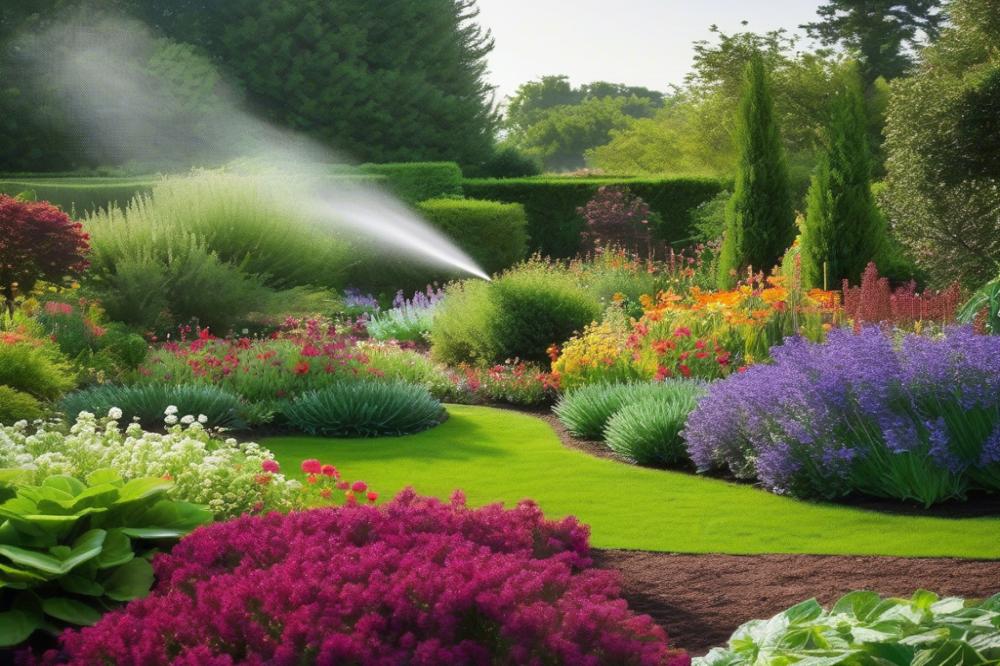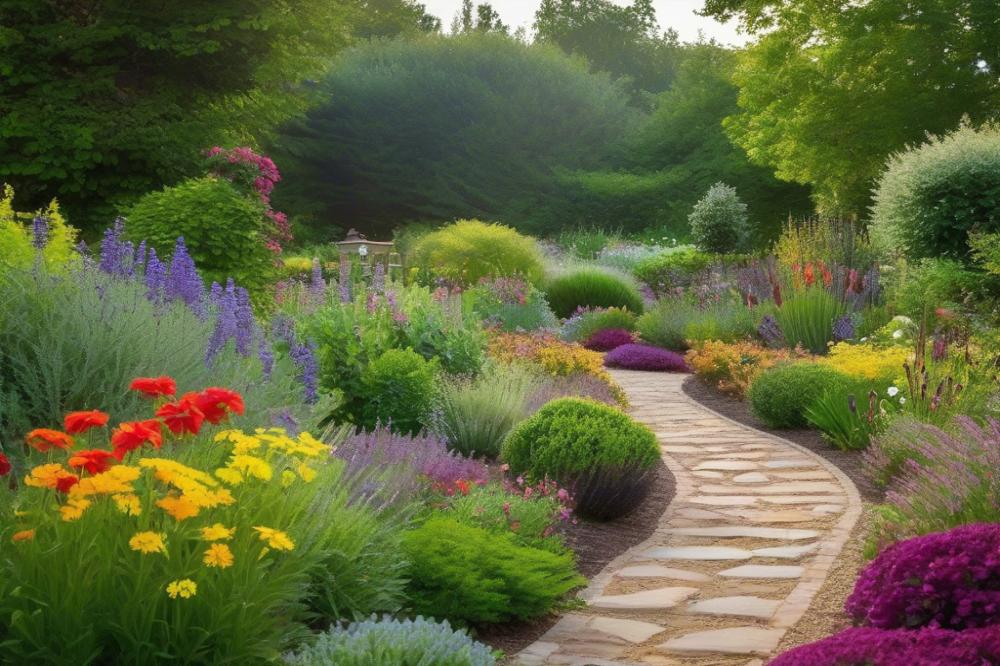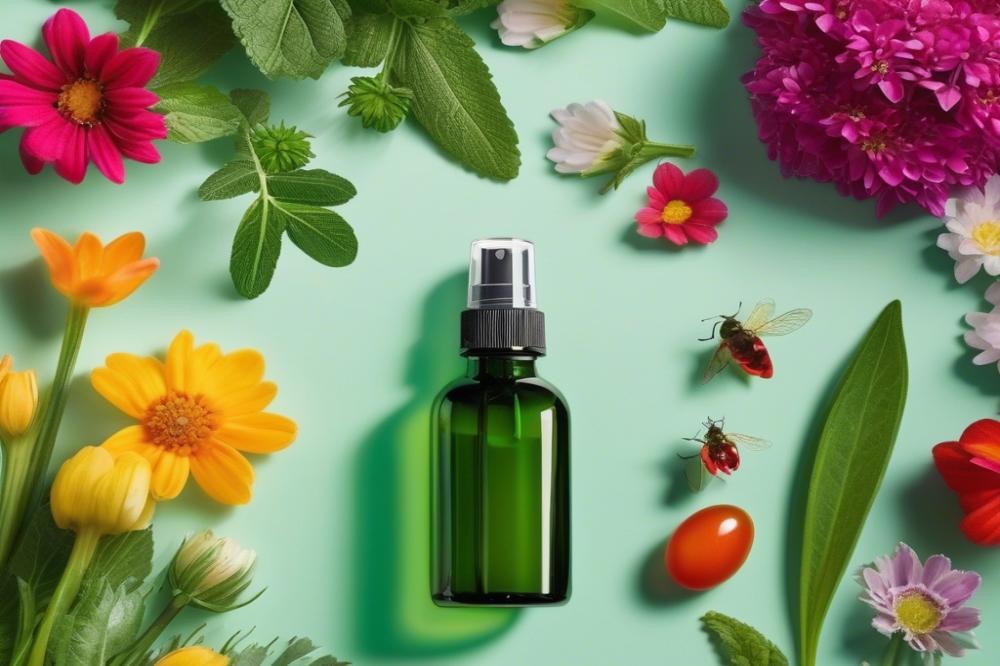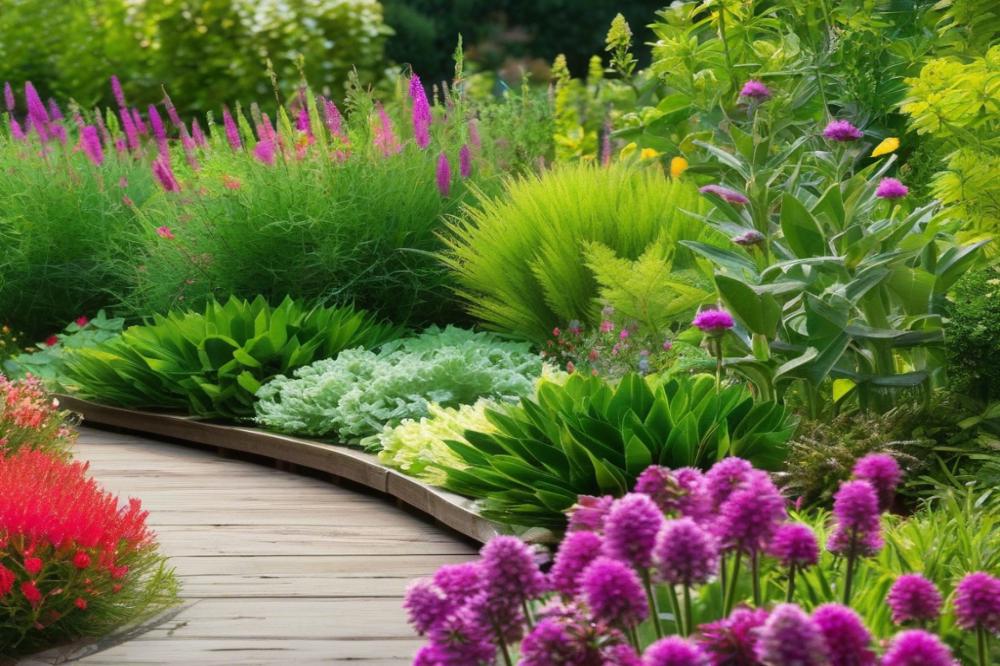The Power of essential oils in organic pest control
organic gardening has gained significant attention in recent years. More individuals are recognizing the importance of growing food without harmful chemicals. Traditional pesticides can have negative effects on the environment, so many gardeners are embracing eco-friendly practices. This shift towards sustainability encourages a healthier ecosystem and promotes soil vitality.
One interesting aspect of this movement is the use of natural pesticides. These can be derived from various sources, including plants themselves. aromatherapy, known for its benefits in relaxation, also plays a role in pest management. Some of these plant-based solutions have been found to be effective insect repellents, making them ideal for gardeners seeking DIY pest control options.
This article explores the power of herbal extracts as non-toxic alternatives to chemical sprays. By incorporating botanical insecticides into their pest management strategies, gardeners can protect their crops without causing harm to beneficial insects. With the right knowledge, anyone can use these methods effectively.
Understanding how to utilize essential oils in gardening can lead to healthier plants and a more vibrant garden. Through this exploration, we aim to equip readers with practical insights into using these powerful tools. By embracing organic pest control techniques, gardeners can foster a thriving environment for both plants and pollinators.
Understanding Essential Oils


Definition and Extraction Process of Essential Oils
Essential oils are concentrated liquids extracted from plants. These fluids capture the plant’s aroma and flavor. The extraction process usually involves distillation or cold pressing. In distillation, steam passes through plant material, releasing the oils. Cold pressing involves mechanically squeezing the plant parts to release their oils. Various types of plants can provide different oils, each with unique characteristics and benefits.
Role of Essential Oils in aromatherapy
Aromatherapy uses these potent oils to promote physical and emotional well-being. This holistic approach has been used for centuries. Some individuals believe certain oils can uplift moods or create a sense of calm. Different oils are chosen for their therapeutic effects, such as lavender for relaxation and tea tree for its cleansing properties. When inhaled, these herbal extracts can influence the brain and body in positive ways.
How Essential Oils Possess Insect-Repelling Properties
Many oils double as natural pesticides, making them effective in pest management. Citrus oils, for example, are known for their ability to deter insects. Other oils, like peppermint and eucalyptus, can work as insect repellent. These botanical insecticides have properties that overwhelm certain pests, making them flee. Because they are plant-based solutions, they offer non-toxic alternatives to harsh chemicals. Using them in DIY pest control is gaining popularity among eco-friendly gardening enthusiasts.
Essential Oils as Natural Pesticides


Many gardeners turn to plant-based solutions for pest management, looking for options that are both effective and eco-friendly. Natural pesticides, derived from various herbs and plants, have gained popularity as people seek alternatives to chemical treatments. Among these are herbal extracts known for their insect repellent qualities.
Research shows that botanical insecticides can be highly effective against harmful pests. For instance, oils like neem, peppermint, and clove have demonstrated the ability to deter insects. Studies indicate that these substances can disrupt insect life cycles and reduce pest populations without harming beneficial creatures.
When comparing plant-based pesticides to traditional chemical products, notable differences arise. Conventional pesticides often come with a range of harmful side effects, not only for pests but also for humans and pets. In contrast, natural options provide a safer environment for everyone. Many people find that these non-toxic alternatives allow for effective DIY pest control while promoting health and safety in the garden.
Furthermore, the benefits extend beyond just pest removal. Utilizing aromatherapy in the garden can create a more enjoyable atmosphere. Many essential oils emit pleasant fragrances that enhance the gardening experience, making your outdoor space more inviting.
Ultimately, exploring different options for pest management can lead to healthier gardening practices. The shift towards eco-friendly gardening encourages a balance between maintaining a flourishing garden and protecting the environment. By choosing botanical solutions, gardeners take a step towards a more sustainable future.
DIY Pest Control Recipes


Creating your own pest repellents can be both fun and effective. Many people are turning to plant-based solutions to protect their gardens in an eco-friendly way. Here are some simple recipes and guidelines that highlight the power of herbal extracts in pest management.
Simple Recipes for Homemade Repellents
Start by gathering a few essential ingredients. A common method uses water and specific oils to make a basic spray. Mix 2 cups of water with 10-15 drops of your chosen oil in a spray bottle. Shake the bottle well before each use to combine the ingredients properly.
For a mosquito repellent, try combining 10 drops of citronella oil with the water mixture. This oil has well-known insect-repelling properties. You can also add a few drops of peppermint oil, which is useful for fending off ants and spiders.
Oils for Specific Pests
Different oils work better against various pests. Eucalyptus oil repels not only mosquitoes but also flies. For aphids and other garden insects, consider using neem oil. This acts as a botanical insecticide, disrupting the life cycle of pests.
Lavender oil offers a soothing scent while helping to ward off moths and fleas. Consider rosemary oil, a great option to deter beetles. Always use these oils in moderation and adjust based on your specific pest problem.
Application Instructions and Safety Measures
Using these recipes is straightforward. Spray areas where pests are likely to gather, such as plant leaves and windowsills. Be sure to apply early in the morning or late in the afternoon for the best results. This timing reduces the risk of harming beneficial insects.
When handling essential oils, safety is important. Keep these products out of reach of children and pets. Some oils may cause skin irritation, so wearing gloves while preparing the spray is a good idea. Always perform a patch test if using oils directly on plants to avoid damage.
Experiment with these natural pesticides to find what works best for your situation. With a bit of practice, you can develop effective DIY pest control solutions that fit your gardening needs. Good luck on your journey to eco-friendly gardening!
Benefits of Using Essential Oils in Eco-Friendly Gardening


Plant-based solutions offer several advantages compared to synthetic pesticides. Many gardeners are looking for ways to protect their plants without harsh chemicals. Natural pesticides rarely leave harmful residues in the soil. This is crucial for the wellbeing of beneficial insects and other wildlife in the garden.
Using herbal extracts not only keeps pests away but also enhances the health of the garden ecosystem. Many botanical insecticides encourage beneficial insects to thrive. This healthy environment can lead to better crop yields and a more vibrant garden. When using essential oils, gardeners are choosing a strategy that aligns with nature’s balance.
Non-toxic alternatives are particularly vital for families with pets and children. Kids love to explore gardens, and pets often roam freely. This creates a need for safe methods in pest management. Homeowners can promote a safe space by opting for DIY pest control solutions that won’t pose risks to loved ones.
More people are turning to aromatherapy for its calming effects. In many cases, these natural methods serve dual purposes. Plants enjoy protection while family members experience the pleasant scents of essential oils. It’s a win-win situation for gardeners aiming for sustainability.
Integrating Essential Oils into Pest Management Strategies
Combining essential oils with other organic pest control methods can create a more rounded approach to tackling garden pests. Many gardeners find success when they pair these natural pesticides with physical barriers or companion planting techniques. The synergy between aromatherapy and plant-based solutions can enhance the effectiveness of DIY pest control efforts.
Monitoring is a crucial aspect of any pest management strategy. Keeping an eye on pest activity allows gardeners to adjust their methods as needed. For instance, a sudden influx of aphids could prompt the use of a stronger insect repellent or a different herbal extract. The key is to respond promptly and effectively.
Numerous success stories highlight the positive impact of using botanical insecticides in gardens. One gardener reported a significant decrease in spider mite populations after introducing a blend of oils meant to deter unwanted insects. Testimonials often mention the benefits of eco-friendly gardening, with many praising the lack of harsh chemicals present in their pest control solutions.
Some enthusiasts share their experiences on online forums, revealing how they’ve embraced these non-toxic alternatives. They describe their excitement when they first try plant-based solutions and witness results. Those who have adopted such strategies often encourage others to explore these methods for healthier gardening.
Final Thoughts on Eco-Friendly Pest Control
In summary, essential oils serve as a powerful ally in the realm of organic pest control. Using these natural pesticides allows gardeners to address pest problems without harming the environment. Many of these oils, such as peppermint and lavender, have shown significant success in deterring unwanted insects. The effectiveness of these remedies is backed by both experience and science, making them a viable option for farmers and home gardeners alike.
Those eager to embrace eco-friendly gardening should feel encouraged to explore DIY pest control solutions. Not only is the process rewarding, but it also fosters a healthier ecosystem. Simple recipes can be made at home, allowing individuals to customize their approach based on specific pest issues. Experimenting with various blends can turn pest management into a fun and educational project.
Ultimately, promoting practices that care for the environment is crucial. Think about the impact chemical pesticides have on nature and health. By choosing natural solutions, we contribute to a sustainable approach to gardening. The beauty of using scents associated with aromatherapy offers both tranquility and effectiveness in keeping gardens healthy. With a bit of creativity and willingness to learn, anyone can succeed in protecting their plants and the planet.



